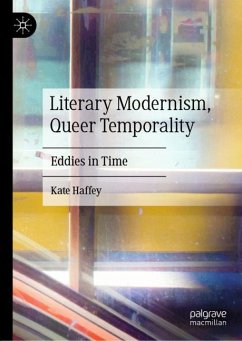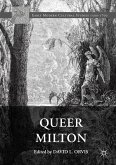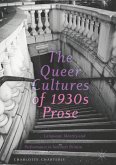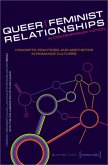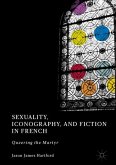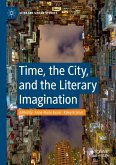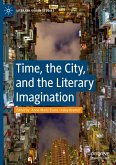This book explores the intersection between the recent work on queer temporality and the experiments of literary modernism. Kate Haffey argues that queer theory's recent work on time owes a debt to modernist authors who developed new ways of representing temporality in their texts. By reading a series of early twentieth-century literary texts from modernists like Woolf, Eliot, Faulkner, and Stein alongside contemporary authors, this book examines the way in which modernist writers challenged narrative conventions of time in ways that both illuminate and foreshadow current scholarship on queer temporality. In her analyses of contemporary novelists and critics Michael Cunningham, Jeanette Winterson, Angela Carter, and Eve Sedgwick, Haffey also shows that these modernist temporalities have been reconfigured by contemporary authors to develop new approaches to futurity.
Bitte wählen Sie Ihr Anliegen aus.
Rechnungen
Retourenschein anfordern
Bestellstatus
Storno

